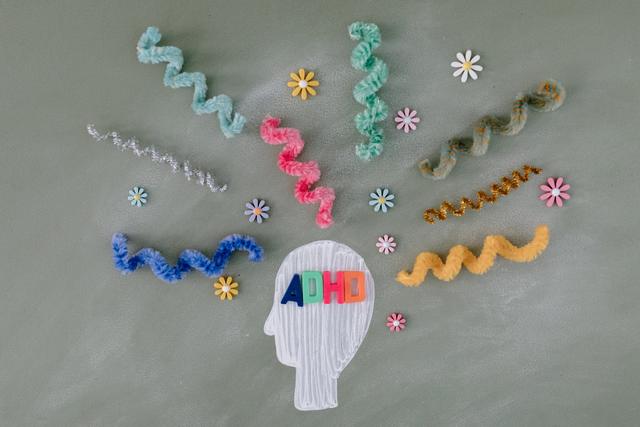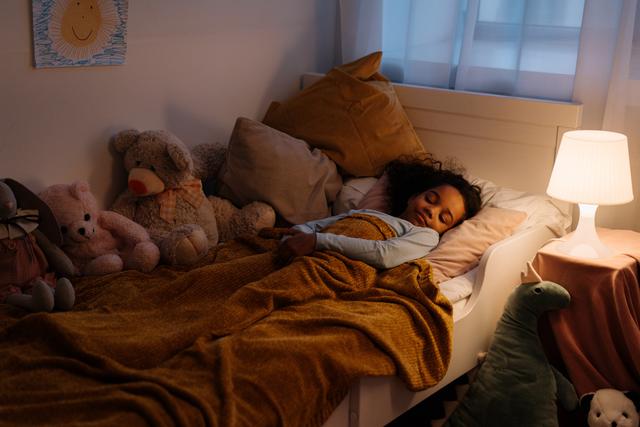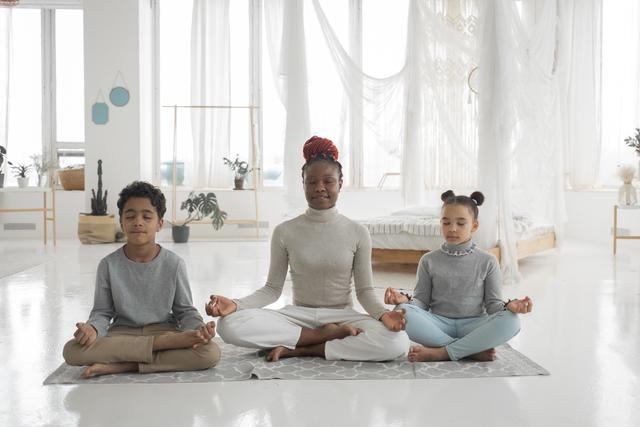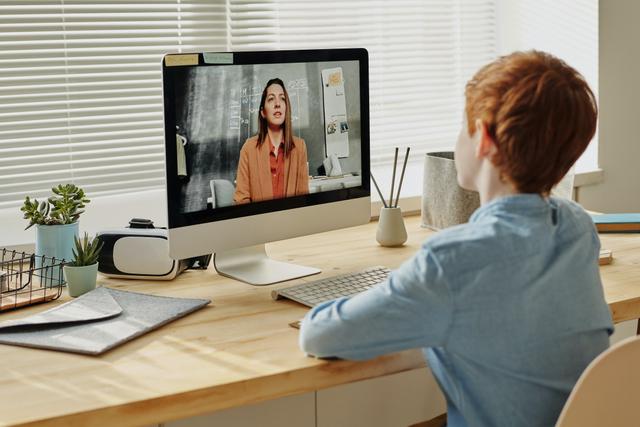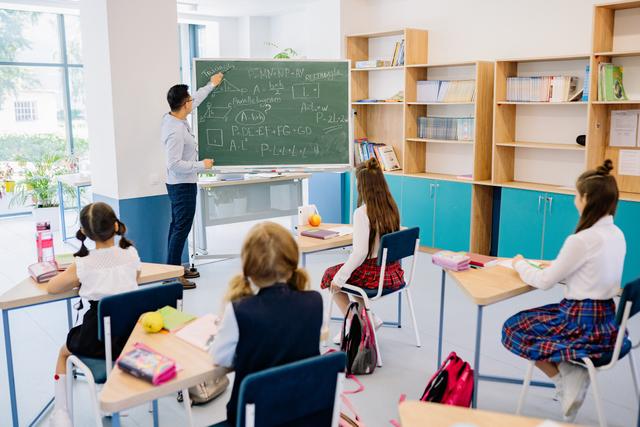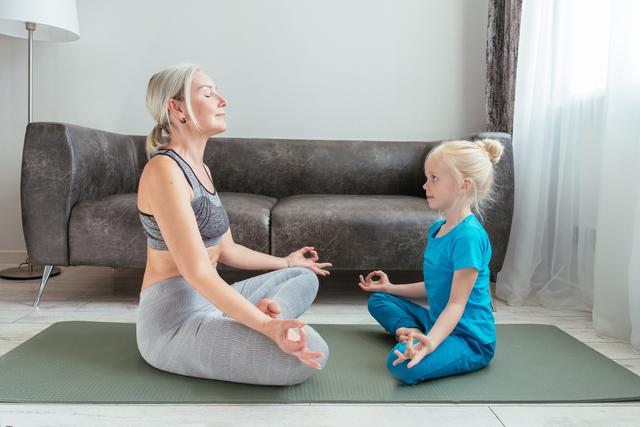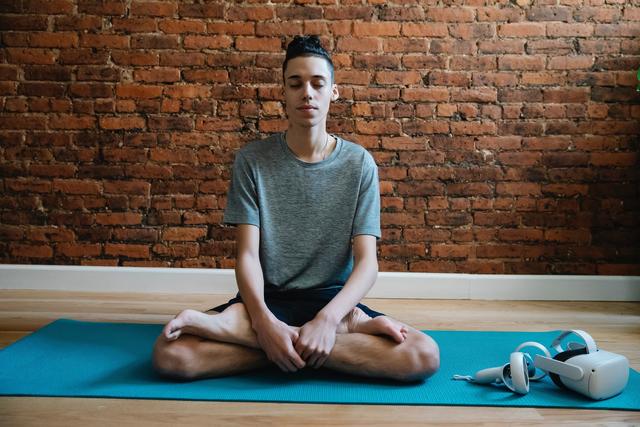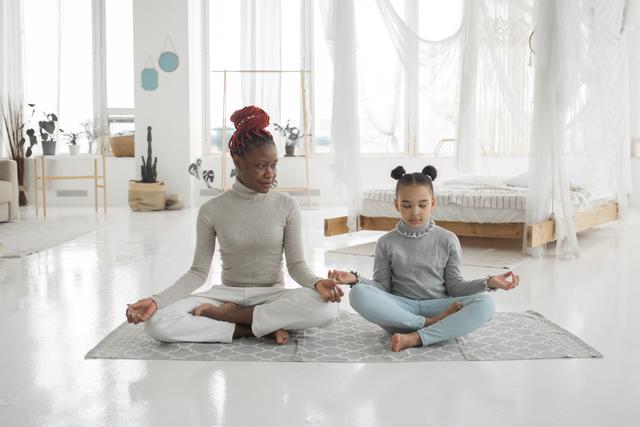Meditation Articles
Meditation For Kids In The UK
In the UK, the practice of meditation for children has seen a surge in interest and adoption, reflecting a broader cultural acceptance and understanding of its value for developing minds. Historically, meditation made its way into British consciousness many centuries ago, with the most substantial modern revival starting in the late 19th to early 20th centuries following the introduction of Eastern spiritual philosophies. This was further popularized in the 1960s and has since evolved into various forms suitable even for young participants.
Today, meditation, particularly mindfulness meditation, is increasingly being incorporated into educational settings. Initiatives like the Mindfulness in Schools Project highlight the significant stride taken toward institutionalising meditation practices in children's daily routines to foster a healthy, balanced development. These programmes have been tailored to suit children's unique needs and developmental stages, ensuring that meditation is both accessible and engaging for them.
With meditation now being integrated into school curricula and various children-focused programmes throughout the UK, its acceptance is indicative of a society that values mental balance and the holistic development of its younger members. As meditation continues to adapt and evolve within educational paradigms, it promises to play a crucial role in shaping well-rounded, mindful future generations.
The Benefits of Meditation
Meditation for kids in the UK is a valuable tool for fostering mental health and well-being. Engaging children in meditation can significantly enhance their focus and concentration. This practice trains them to navigate their attention more effectively, which can lead to improved academic performance and better grades. Additionally, meditation is instrumental in managing stress and anxiety among children. It provides them with strategies to cope with daily pressures, thereby enhancing their overall emotional and mental health.
Moreover, meditation supports the development of heightened self-awareness in children. Through meditation, children gain insights into their thoughts and emotions, which is crucial for emotional intelligence. This self-awareness helps them understand their reactions and behaviours, enabling better control and appropriate responses to different situations. Another profound benefit of meditation is its impact on sleep. Children who meditate regularly tend to develop healthier sleeping patterns, which is vital for their physical and mental development.
Overall, the integration of meditation into children's routines not only boosts their current health but also equips them with lifelong skills to maintain their well-being. These foundational skills can help mitigate challenges during their crucial developmental years, making meditation an invaluable practice for children's holistic development.
FAQs
1. Is meditation safe for children in the UK?
Yes, meditation is considered safe for children in the UK when practiced under the guidance of a certified teacher or through a reputable program. It is crucial to select age-appropriate techniques tailored to children's developmental stages to ensure a positive experience.
2. How much time should children spend meditating each day?
The duration of meditation sessions for children varies depending on their age. For younger kids, sessions of about 5-10 minutes can be effective, while older children may be comfortable with longer periods of meditation. The key is to keep the practice consistent and adapted to the child’s capacity for attention.
3. Which type of meditation is most effective for children?
Mindfulness meditation is widely recommended for children in the UK as it aids in enhancing focus, self-awareness, and emotional control. Techniques such as loving-kindness meditation or guided imagery are also beneficial and can be engaging for children, helping them to connect with the practice on a deeper level.
4. How can I introduce meditation to my child?
Introducing your child to meditation can be initiated by enrolling them in a children-specific meditation class or program. Alternatively, practicing meditation at home as a family can also be a helpful way to demonstrate the benefits of meditation. Online resources, such as kid-friendly guided meditations or apps, provide additional support.
5. What should I do if my child is not interested in meditation or finds it challenging?
If your child doesn't seem interested in meditation or finds it challenging, try incorporating elements that they enjoy, such as stories, music, or gentle movements. Keep the sessions light-hearted and fun, and be patient with their progress, as regular practice can gradually build their interest and comfort with meditation.
